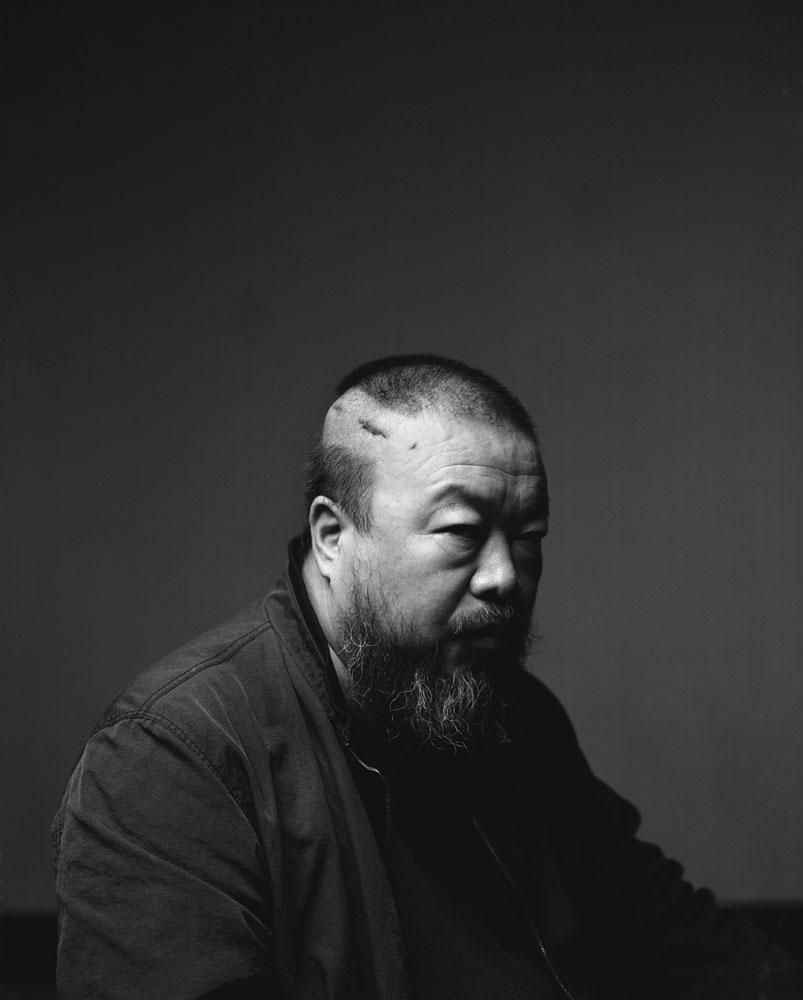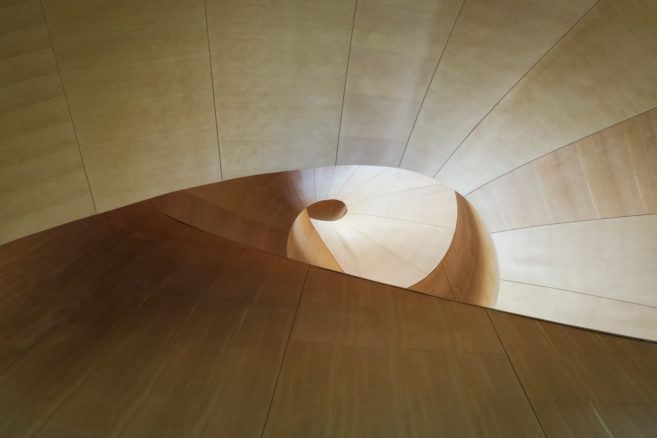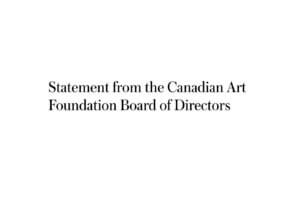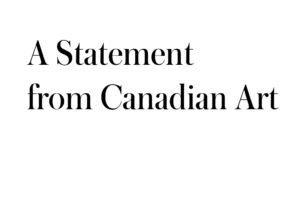Internationally renowned artist Ai Weiwei spoke out today in response to increasing political tensions between China and Canada. The dissident Chinese artist is currently preparing for an exhibition opening February 28 at Toronto’s Gardiner Museum. The museum circulated the statement via email this afternoon.
In recent weeks, Canadian authorities arrested Huawei chief financial officer Meng Wanzhou in Vancouver. The purpose of the arrest was to extradite Wanzhou to the U.S. to face financial fraud charges. (The extradition has not yet happened.) Following Wanzhou’s arrest in Vancouver, China detained at least two Canadian citizens for possibly endangering state security. (The situation has also led to domestic upset in Canada, with Prime Minister Justin Trudeau asking Ambassador to China John McCallum to step down last week after McCallum repeatedly expressed hope the U.S. would drop its extradition request.)
“The Chinese government’s recent actions are unsurprising,” said Ai Weiwei in today’s statement. “Domestically, the disappearances and forced detentions without due process are common. I would be surprised if that was not the case every time considering China does not have an independent judicial system. There are no clear laws, only interpretations of law based on the Party’s interests.”

 A 2010 portrait of Ai Weiwei. The scar is from treatment of a brain hemorrhage sustained after a beating by Chinese police. Photo: © Gao Yuan.
A 2010 portrait of Ai Weiwei. The scar is from treatment of a brain hemorrhage sustained after a beating by Chinese police. Photo: © Gao Yuan.





